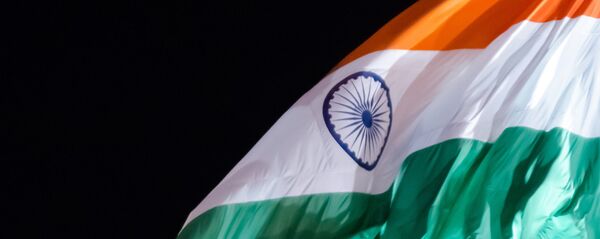New Delhi (Sputnik): Amid the general election in India there has been a record number of seizures of cash, liquor and gold, according to Election Commission of India (ECI) data.
The data shows that there has been significantly more seizures in southern India than northern India. Enforcement agencies have so far seized cash, liquor, drugs, gold and other contraband worth over $377 million, which is already double the amount seized throughout entire 2014 elections.
The seven-phased polls will culminate with the counting of votes on 23 May.
READ MORE: Election Machine Still Active Despite No Voters at Extreme Tip of India – Report
Out of the total seizures of cash amounting to $99 million, the enforcement agencies seized $29 million from the state of Tamil Nadu, $19.8 million from Andhra Pradesh and $9.8 million from Telangana.
"The total seizure does not indicate that the entire amount is meant for the voters. We have to study from the income tax return data whether the amount seized belonged to taxpayers genuinely or whether it was meant for distribution. In any case, more seizure during this period indicate more use of money in the election," TS Krishnamurthy, a former Indian Revenue Service officer who served as the 13th Chief Election Commissioner of India, told Sputnik.
Data suggests that the agencies have seized 51,374 kilograms of narcotics, with a street value of around $165 million. Narcotics seizures were made in Uttar Pradesh (18,886 kg), Punjab (6,809 kg) and Maharashtra (14,704 kg), in addition to smaller amounts in several other states, though a much smaller quality was seized in southern India.
READ MORE: India Ready to Go Extra '35 Miles' for Single Hermit Voter in the Jungle
"In South India, it is money while in north India it is liquor and drugs," TS Krishnamurthy added.
It has been reported that contenders are using cash and liquor to essentially bribe voters into backing them at the polls. Accepting cash to vote or not to vote for a candidate is illegal in India and those found guilty may be handed hefty prison sentences.
According to the Centre for Media Studies (CMS), a Delhi-based think-tank, in some states, up to 37 per cent of Indian voters were paid to back particular candidates.



